With 152 seats won in last weekend's legislative elections, the progressive Move Forward Party (MFP) has become Thailand's largest party. On May 17, the MFP held its first in-person discussions with five other parties in an effort to form a coalition government .
A new government will be formed in July, when the Thai House of Representatives and Senate convene to jointly select a new Prime Minister. Because the Senate – comprised of members carefully chosen by the pro -military government – also participates in the Prime Minister selection process, the leader of the party that won the May 14 general election is not guaranteed to take power.
Eight-party alliance
Representatives from five parties, mostly members of the opposition to the conservative, military-backed government of outgoing Prime Minister Prayuth Chan-ocha, held talks for several hours on May 17. Afterwards, they appeared smiling and posed for photos with their hands clasped together to show solidarity.
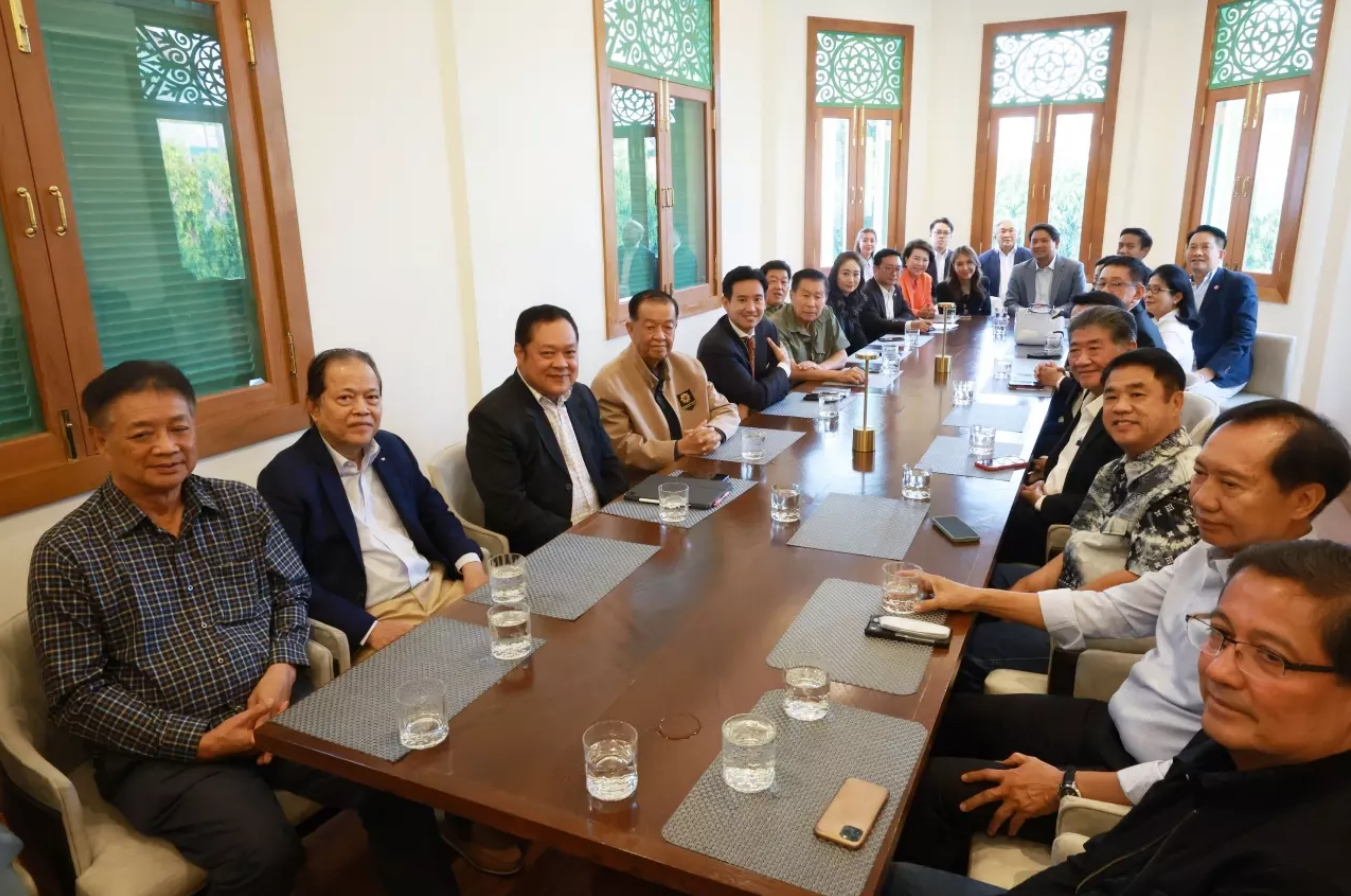
Pita Limjaroenrat, leader of the Move Forward Party, held talks with representatives from major opposition parties to the conservative faction at a restaurant on Sukhothai Road, Dusit District, Bangkok, on May 17, 2023. Photo: Thairath
Leading the list of potential partners for the MFP is the Pheu Thai Party, which has deep ties to the family of billionaire former Prime Minister Thaksin Shinawatra. Pheu Thai is currently one of the largest parties in the Thai Parliament, having led in polls leading the general election but ultimately finishing second with 141 seats.
“Everything is going pretty smoothly,” said Move Forward leader Pita Limjaroenrat, a 42-year-old Harvard graduate and entrepreneur, calling the alliance “a voice of hope and a voice of change.”
Mr. Pita stated that all parties had agreed to support him as the next Prime Minister of Thailand. He also pledged to strive for as much stability in governing the country as possible and as quickly as possible, reiterating that there would certainly be no "political accidents."
Together, Move Forward (152 seats) and the participating political parties – including Pheu Thai (141 seats), Thai Sang Thai (6 seats), Fair (1 seat), Prachachart (9 seats) and Seri Ruam Thai (1 seat) – gathered 310 seats in the 500-seat Thai House of Representatives.
Late on May 17, Pheu Thai Party leader Chonlanan Srikaew announced that two other political parties would join the coalition, including the Plung Sungkom Mai Party (1 seat) and the Pheu Thai Ruam Palang Party (2 seats), bringing the total number of seats won by the eight-party coalition led by Move Forward to 313.
The road ahead is long.
With 313 seats, this is more than enough for the MFP to form a new government, but it is still significantly short of the 376 seats needed to ensure Pita is elected as the next Prime Minister at the joint session of the Senate and House of Representatives in July.
Thus, the road from winning the election to forming a new government is still quite long for Move Forward.
Rangsiman Rome, spokesperson for the Move Forward Party, told the media on May 17 that the party is seeking to abolish Article 272 of the Thai Constitution, which essentially affirms the Senate's authority to appoint the Prime Minister. According to the regulations, a candidate for Prime Minister must receive the approval of more than half of the members of both houses combined (i.e., 376 out of 700 members).
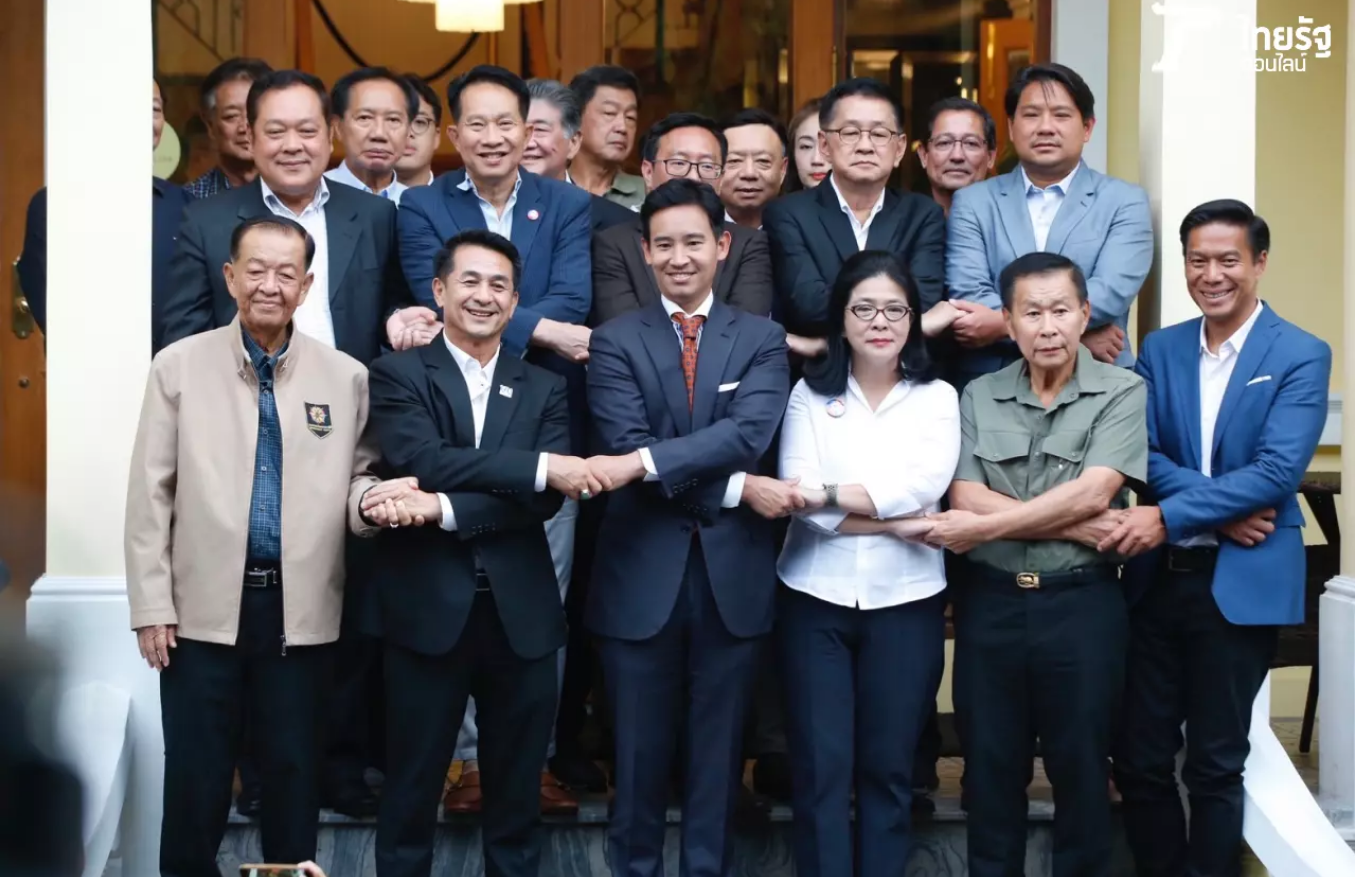
Move Forward Party leader Pita Limjaroenra and representatives from the parties negotiating the coalition pose for a commemorative photo, their hands clasped together to show solidarity. Photo: Thairath
The spokesperson argued that with the number of seats the potential Move Forward-led coalition secured in the House of Representatives, the new government could achieve political stability and implement the policies announced during the election campaign. He then questioned the Senate's role in this election process.
A Move Forward spokesperson asserted that forming a government and securing Senate support are two separate issues, noting that Article 272 should not have been included in the Thai Constitution in the first place.
However, Rangsiman also stated that Move Forward had contacted several Senators to persuade them to support Pita as Prime Minister, and that the party leadership was prepared to allow the Senate to question them on issues some considered controversial, such as the policy of amending the Levant Law and Pita's ownership of shares in a media company.
The monarchy is one of the pillars of Thai national identity and is considered untouchable by conservatives. Meanwhile, many young Thais want to see it liberalized as part of a series of democratic reforms .
Minh Duc (Based on AP, Thai PBS World, CNN)
Source


![[Photo] Prime Minister Pham Minh Chinh receives the Governor of Tochigi Province (Japan)](/_next/image?url=https%3A%2F%2Fvphoto.vietnam.vn%2Fthumb%2F1200x675%2Fvietnam%2Fresource%2FIMAGE%2F2025%2F12%2F16%2F1765892133176_dsc-8082-6425-jpg.webp&w=3840&q=75)
![[Image] Leaked images ahead of the 2025 Community Action Awards gala.](/_next/image?url=https%3A%2F%2Fvphoto.vietnam.vn%2Fthumb%2F1200x675%2Fvietnam%2Fresource%2FIMAGE%2F2025%2F12%2F16%2F1765882828720_ndo_br_thiet-ke-chua-co-ten-45-png.webp&w=3840&q=75)
![[Photo] Prime Minister Pham Minh Chinh receives Lao Minister of Education and Sports Thongsalith Mangnormek](/_next/image?url=https%3A%2F%2Fvphoto.vietnam.vn%2Fthumb%2F1200x675%2Fvietnam%2Fresource%2FIMAGE%2F2025%2F12%2F16%2F1765876834721_dsc-7519-jpg.webp&w=3840&q=75)

![[Live] 2025 Community Action Awards Gala](/_next/image?url=https%3A%2F%2Fvphoto.vietnam.vn%2Fthumb%2F1200x675%2Fvietnam%2Fresource%2FIMAGE%2F2025%2F12%2F16%2F1765899631650_ndo_tr_z7334013144784-9f9fe10a6d63584c85aff40f2957c250-jpg.webp&w=3840&q=75)

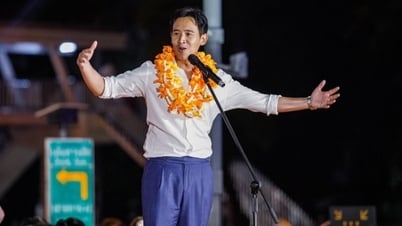

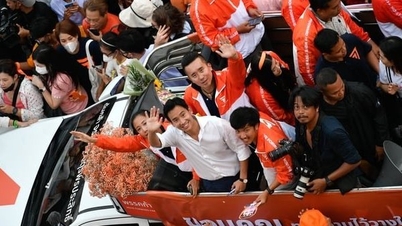
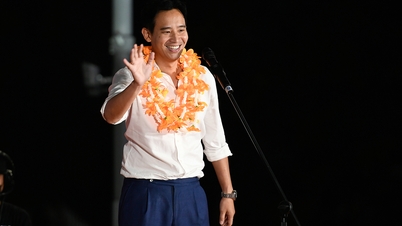

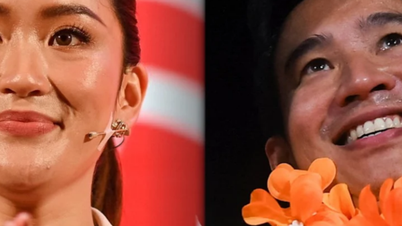
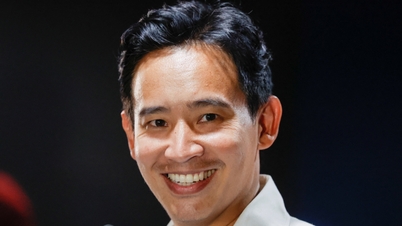
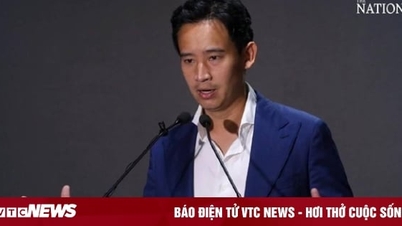






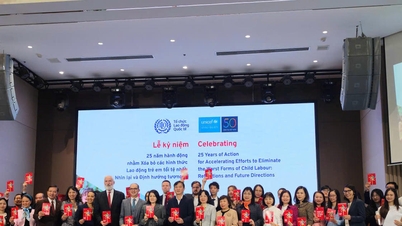








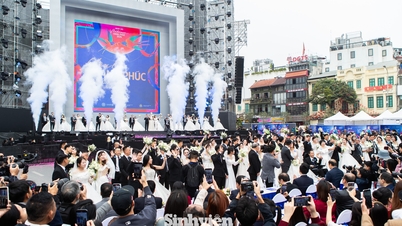
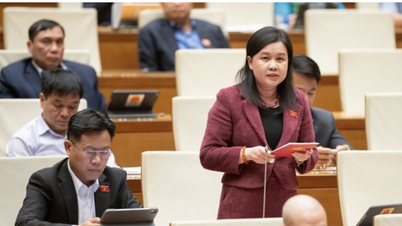
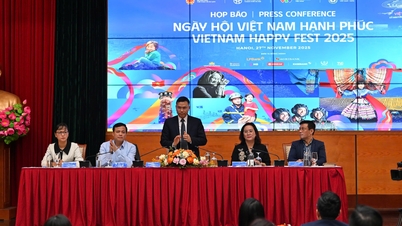









































































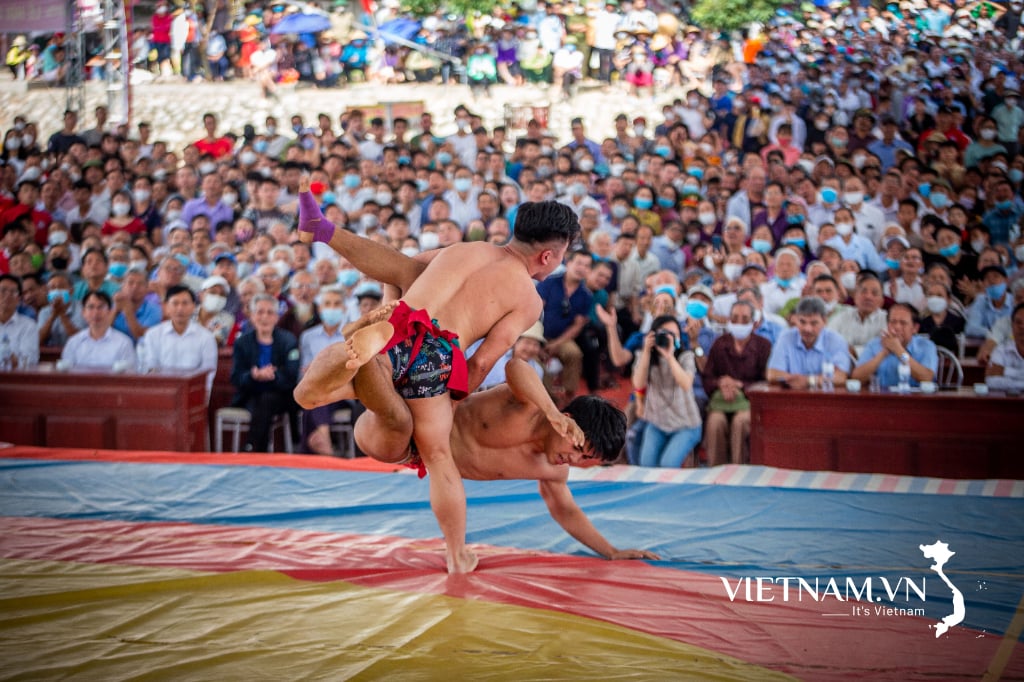



Comment (0)